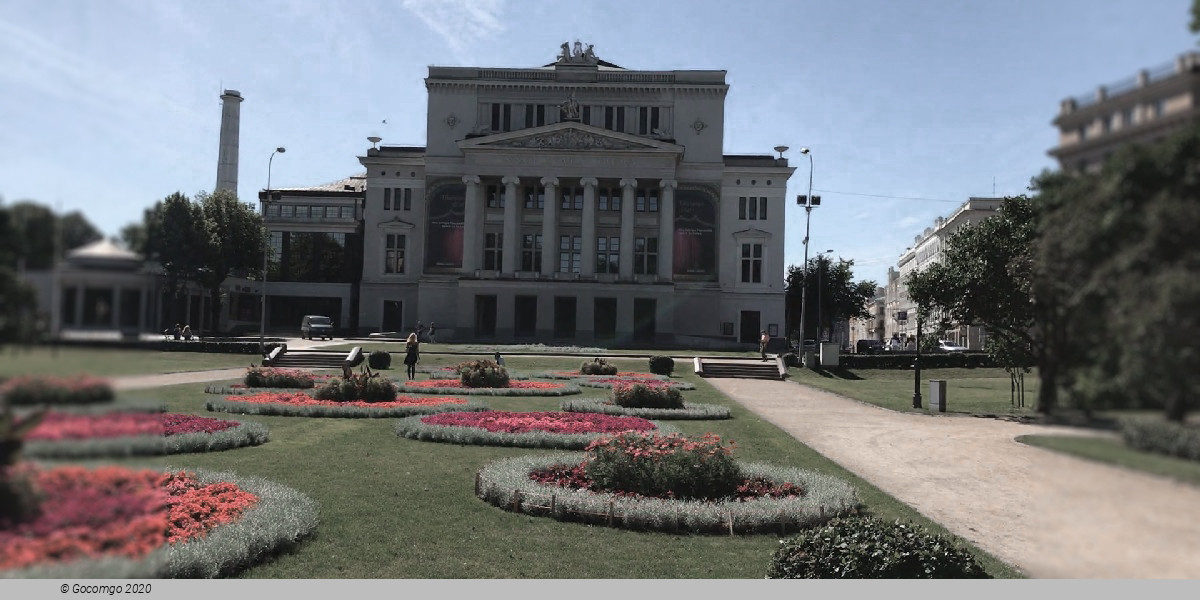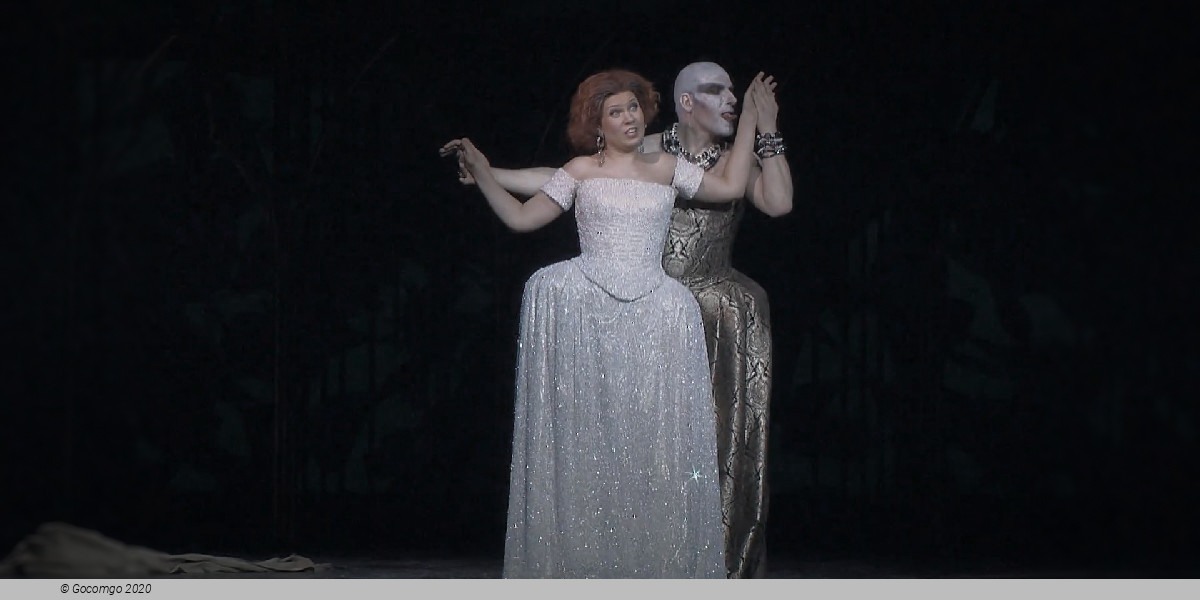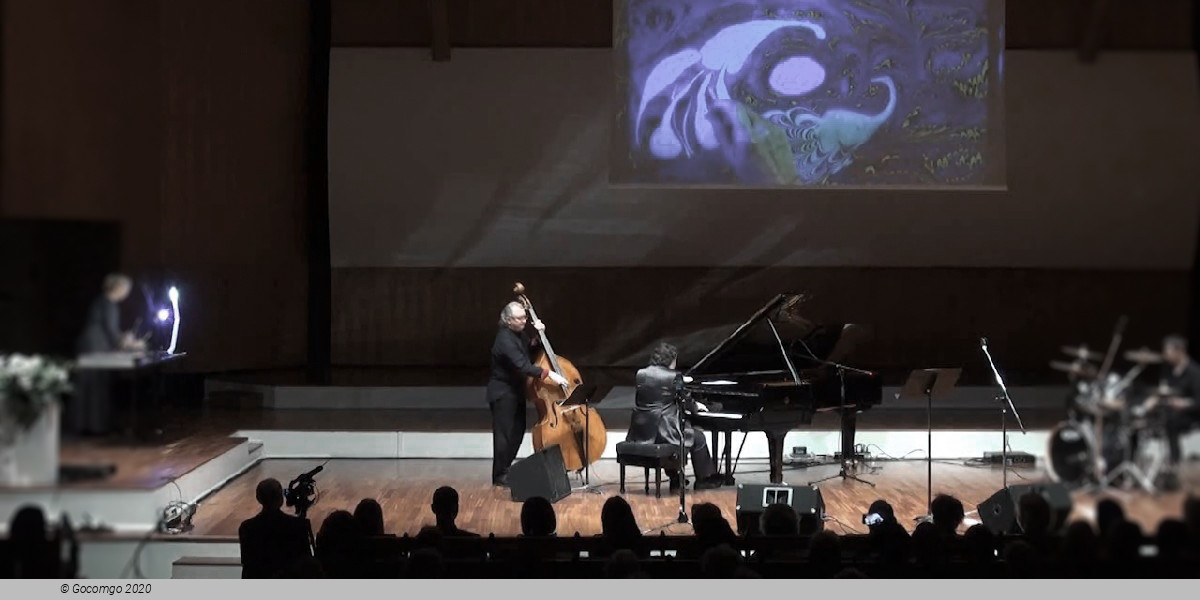Venues in Riga

Riga is the capital of Latvia and being significantly larger than other cities of Latvia, Riga is the country's primate city. Riga was founded in 1201 and is a former Hanseatic League member. Riga's historical centre is a UNESCO World Heritage Site, noted for its Art Nouveau/Jugendstil architecture and 19th century wooden architecture.
In 2016, Riga received over 1.4 million visitors. The city is served by Riga International Airport, the largest and busiest airport in the Baltic states. Riga is a member of Eurocities, the Union of the Baltic Cities (UBC) and Union of Capitals of the European Union (UCEU).
Theatres
The Latvian National Opera was founded in 1918. The repertoire of the theatre embraces all opera masterpieces. The Latvian National Opera is famous not only for its operas, but for its ballet troupe as well.
The Latvian National Theatre was founded in 1919. The Latvian National Theatre preserves the traditions of Latvian drama school. It is one of the biggest theatres in Latvia.
The Mikhail Chekhov Riga Russian Theatre is the oldest professional drama theatre in Latvia, established in 1883. The repertoire of the theatre includes classical plays and experimental performances of Russian and other foreign playwrights.
The Daile Theatre was opened for the first time in 1920. It is one of the most successful theatres in Latvia. This theatre is distinguished by its frequent productions of modern foreign plays.
Latvian State Puppet Theatre was founded in 1944. This theatre presents shows for children and adults.
The New Riga Theatre was opened in 1992. It has an intelligent and attractive repertoire of high quality that focused on a modern, educated and socially active audience.
World Choir Games
Riga hosted the biannual 2014 World Choir Games from 9–19 July 2014 which coincided with the city being named European Capital of Culture for 2014. The event, organised by the choral foundation, Interkultur, takes place at various host cities every two years and was originally known as the "Choir Olympics". The event regularly sees over 15'000 choristers in over 300 choirs from over 60 nations compete for gold, silver and bronze medals in over 20 categories. The competition is further divided into a Champions Competition and an Open Competition to allow choirs from all backgrounds to enter. Choral workshops and festivals are also witnessed in the host cities and are usually open to the public.



